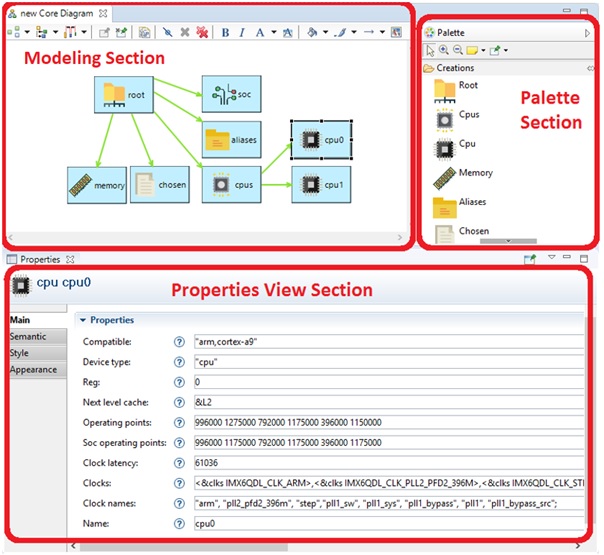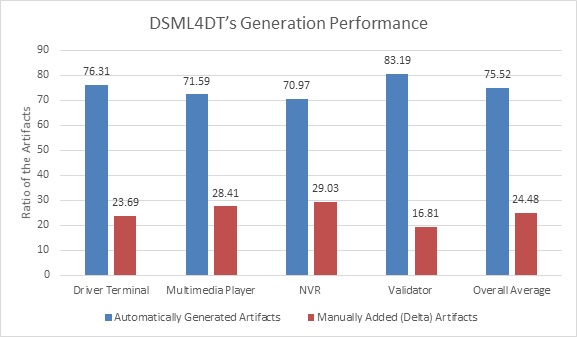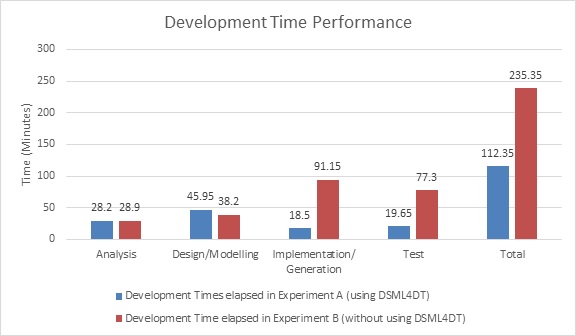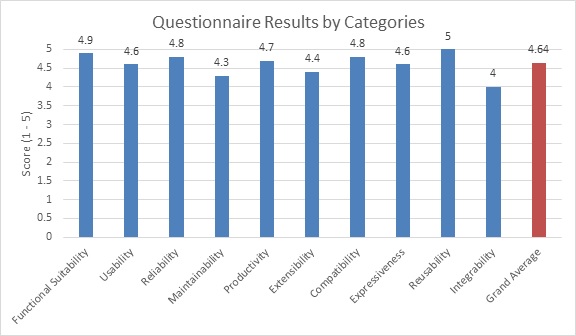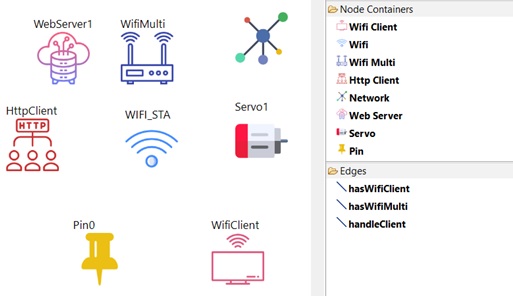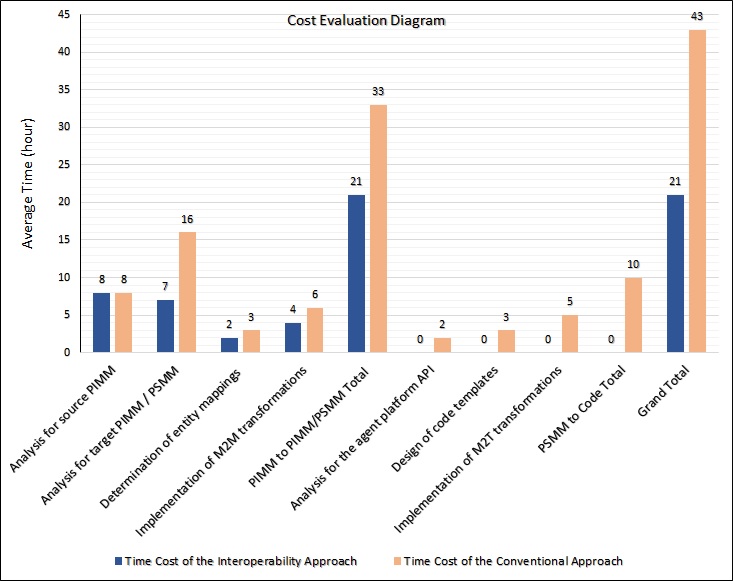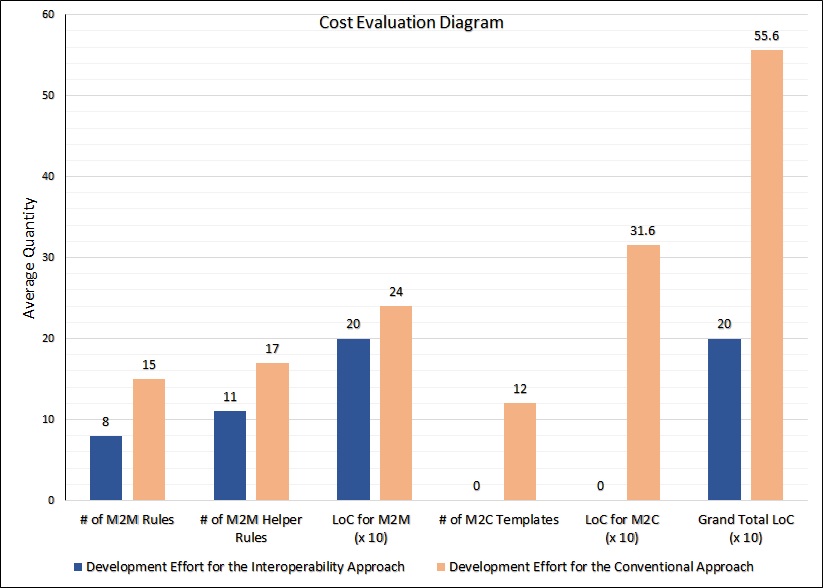AgentDSM-Eval: Developing a Framework on Evaluating Domain-specific Modeling Languages for Multi-agent Systems
The Scientific and Technological Research Council of Turkey (TUBITAK) Academic Research Funding Program Directorate (ARDEB) Electrical, Electronics and Informatics Research Grant Committee (EEEAG) and the Portuguese Foundation for Science and Technology (FCT) funded bilateral research project (TUBITAK ARDEB Grant no: 115E591) (acceptance rate of the related bilateral project call: 6%)
Software development, required for constructing multi-agent systems (MAS) usually becomes challenging and time-consuming due to autonomy, distributedness and openness of these systems in addition to the complicated nature of internal agent behaviors and agent interactions. To facilitate MAS development, various domain-specific modeling languages (DSMLs) are proposed in the Agent-oriented Software Engineering (AOSE) research field. These DSMLs are supposed to meet software development requirements of both MAS DSML developers and MAS DSML users. Moreover, they should be evaluated to determine how they both speed up and facilitate MAS development. Although the descriptions of these languages are given in the related studies with the examples of their use, unfortunately, many of them are not evaluated either in terms of usability or quality of the generated artefacts. The evaluations in the remaining studies are made in an idiosyncratic manner without any comparison to meet developer expectations. In order to fill this gap in the AOSE research, an evaluation framework, called AgentDSM-Eval and its supporting tool, which can be used to evaluate MAS DSMLs systematically according to various quantitative and qualitative aspects of agent software development, were developed in this project. During the quantitative evaluation inside the AgentDSM-Eval tool, MAS domain coverage is determined by comparing a DSML’s metamodel with a reference MAS metamodel. In the second part of the quantitative evaluation, which is constructed on a multi-case study, the software development time and the artifact generation performance are taken into account. Finally, based on MAS developers’ feedback, the qualitative evaluation of the language is performed according to some quality metrics. Use of AgentDSM-Eval and its tool was exemplified with the evaluation of Prometheus/PDT, a well-known language in AOSE. In addition, the Analytical Hierarchy Process (AHP) based comparative evaluation method, supporting the multi-criteria decision making, was used for the evaluation of four widely used MAS DSMLs and favourite DSML for each comparison category and criteria was determined within this evaluation.
Start Date: March 1, 2017
End Date: March 1, 2020
Total Budget: 326.980 TL (~$91,000)
Project Team:
Turkish Side:
Assoc. Prof. Dr. Geylani KARDAS (Principal Investigator)
Asst. Prof. Dr. Moharram CHALLENGER (Researcher)
Baris Tekin TEZEL (Scholar) (Ph.D. Student)
Omer Faruk ALACA (Scholar) (M.Sc. Student)
Tansu Zafer ASICI (Scholar) (M.Sc. Student)
Ufuk FIRTINA (Scholar) (M.Sc. Student)
Portuguese Side:
Asst. Prof. Dr. Vasco AMARAL (Principal Investigator)
Asst. Prof. Dr. Miguel GOULAO (Researcher)
Dr. Ankica BARISIC (Researcher)
Tomas MIRANDA (Researcher)
Joao SILVA (Researcher)
Related Publications:
1. Asici, T. Z., Tezel, B. T. and Kardas, G. (2021) “<On the use of the analytic hierarchy process in the evaluation of domain-specific modeling languages for multi-agent systems", Journal of Computer Languages, vol. 62, 101020, pp. 1-15, DOI: 10.1016/j.cola.2020.101020.
2. Challenger, M., Tezel, B. T., Amaral, V., Goulao, M. and Kardas, G. (2021) “<Agent-based cyber-physical system development with SEA_ML++", Multi-Paradigm Modelling Approaches for Cyber-Physical Systems (1st Edition), Tekinerdogan et al. (Eds.), Elsevier, pp. 195-219, DOI: 10.1016/B978-0-12-819105-7.00013-1.
3. Asici T. Z. (2020) “On the Use of the Analytic Hierarchy Process in the Evaluation of Domain-specific Modeling Languages for Multi-agent Systems”, M.Sc. Thesis, Ege University, 84 pages (in Turkish).
4. Firtia U. (2020) “Extending DSML4BDI Language with JaCaMo Platform”, M.Sc. Thesis, Ege University, 99 pages (in Turkish).
5. Alaca, O. F. (2019) “A Tool Supporting the Systematic Evaluation of Domain-Specific Modeling Languages for Multi-Agent Systems”, M.Sc. Thesis, Ege University, 95 pages (in Turkish).
6. Miranda, T., Challenger, M., Tezel, B. T., Alaca, O. F., Barisic, A., Amaral, V., Goulao, M. and Kardas, G. (2019) "Improving the Usability of a MAS DSML, In proceedings of the 6th International Workshop on Engineering Multi-Agent Systems (EMAS 2018), held in conjunction with the 17th International Conference on Autonomous Agents and Multiagent Systems (AAMAS 2018), July 14, 2018, Stockholm, Sweden, Lecture Notes in Artificial Intelligence, vol. 11375, pp. 55-75, DOI: 10.1007/978-3-030-25693-7_4 (best paper award).
7. Mascardi, V., Weyns, D., Ricci, A., Earle, C. B., Casals, A., Challenger, M., Chopra, A., Ciortea, A., Dennis, L. A., Diaz, A. F., El Fallah-Seghrouchni, A., Ferrando, A., Fredlund, L.-A., Giunchiglia, E., Guessoum, Z., Gunay, A., Hindriks, K., Iglesias, C. A., Logan, B., Kampik, T., Kardas, G., Koeman, V. J., Larsen, J. B., Mayer, S., Mendez, T., Nieves, J. C., Seidita, V., Tezel, B. T., Varga, L. Z. and Winikoff, M. (2019) "Engineering multi-agent systems: state of affairs and the road ahead", ACM SIGSOFT Software Engineering Notes, vol. 44, no. 1, pp. 18-28, DOI: 10.1145/3310013.3322175.
8. Silva, J., Barisic, A., Amaral, V., Goulao, M., Tezel, B. T., Alaca, O. F., Challenger, M. and Kardas, G. (2018) "Comparing the Usability of two Multi-Agents Systems DSLs: SEA_ML++ and DSML4MAS - Study Design", In proceedings of the 3rd International Workshop on Human Factors in Modeling (HuFaMo 2018), held in conjunction with ACM/IEEE 21st International Conference on Model Driven Engineering Languages and Systems (MODELS 2018), October 15, 2018, Copenhagen, Denmark, CEUR Workshop Proceedings, vol. 2245, pp.770-777.
9. Tezel, B. T., Challenger, M. and Kardas, G. (2018) "DSML4BDI: A Modeling Tool for BDI Agent Development", In proceedings of the 12th Turkish National Software Engineering Symposium (UYMS 2018), September 10-12, 2018, Istanbul, Turkey, CEUR Workshop Proceedings, vol. 2201, pp. 1-8.
10. Kardas, G., Tezel, B. T. and Challenger, M. (2018) "Domain-specific modelling language for belief-desire-intention software agents", IET Software, vol. 12, no. 4, pp. 356-364, DOI: 10.1049/iet-sen.2017.0094.
11. Challenger, M., Tezel, B. T., Alaca, O. F., Tekinerdogan, B. and Kardas, G. (2018) "Development of semantic web-enabled BDI multi-agent systems using SEA_ML: an electronic bartering case study", Applied Sciences, vol. 8, no. 5, pp. 1-32, DOI: 10.3390/app8050688.
12. Kardas, G., Bircan, E. and Challenger, M. (2017) "Supporting the platform extensibility for the model-driven development of agent systems by the interoperability between domain-specific modeling languages of multi-agent systems", Computer Science and Information Systems, vol. 14, no. 3, pp. 875-912, DOI: 10.2298/CSIS170113034K.
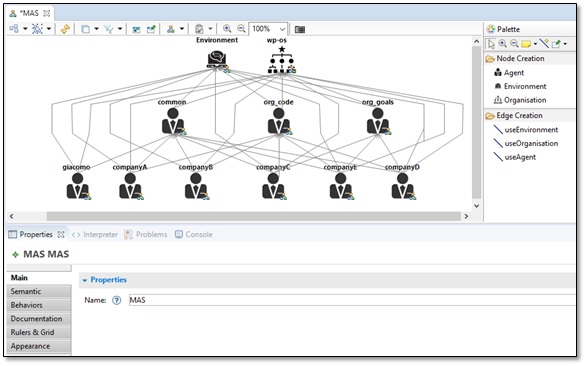
A screenshot from the IDE of DSML4BDI language.
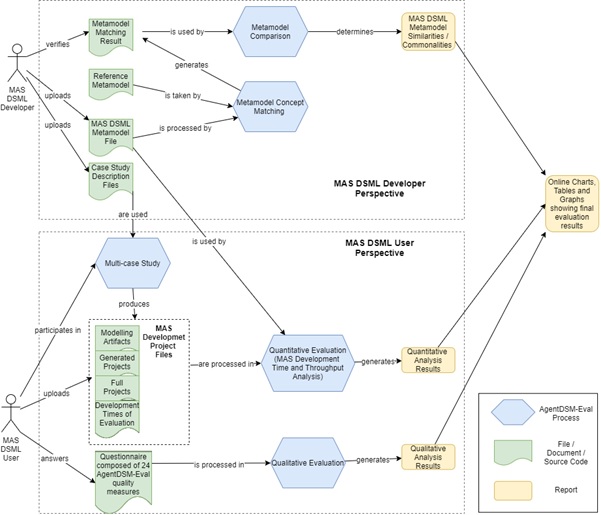
Use of AgentDSM-Eval framework for MAS DSML evaluation.
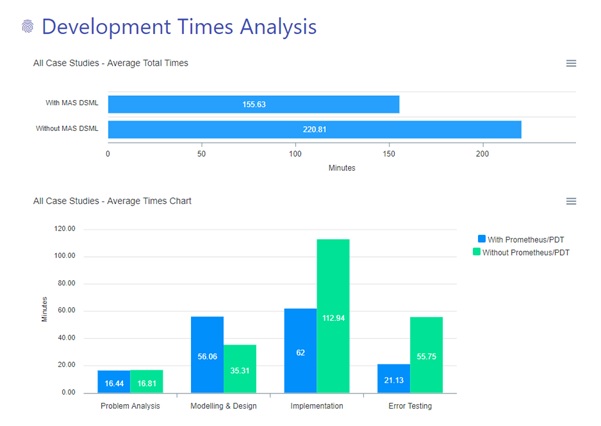
Comparison of times elapsed for developing MAS with and without using a specific MAS DSML.
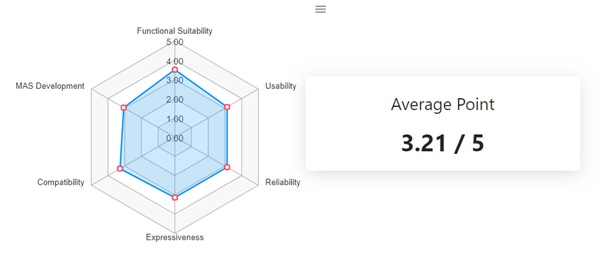
Qualitative evaluation results for a MAS DSML shown in the AgentDSM-Eval tool.
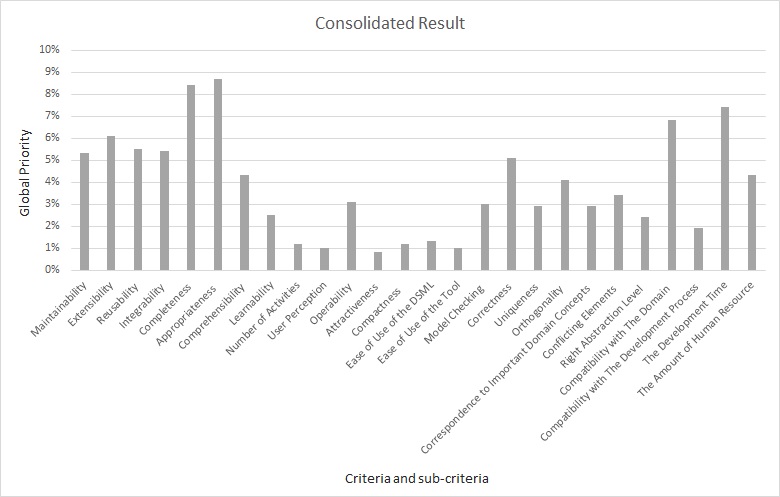
Effects of criteria and sub-criteria in AHP as percentage.
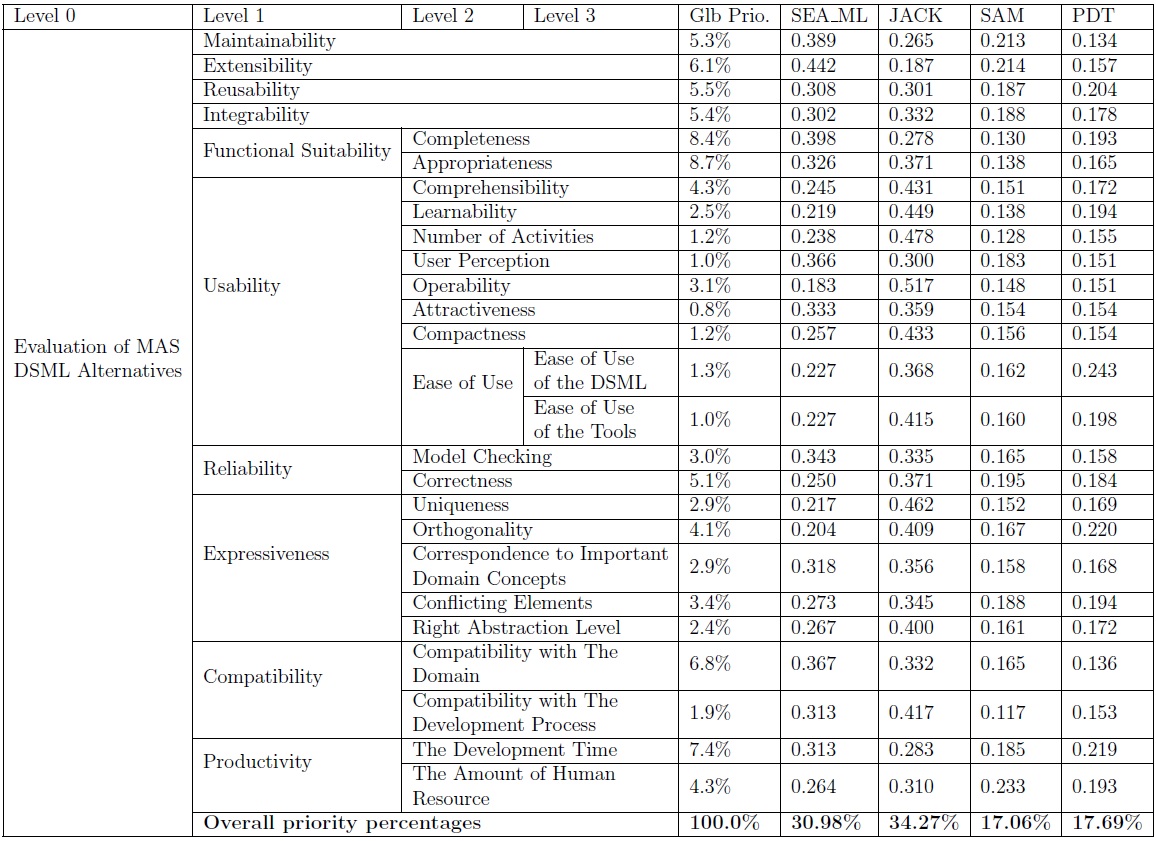
Evaluation scores of some MAS DSML alternatives based on the developed AHP.


